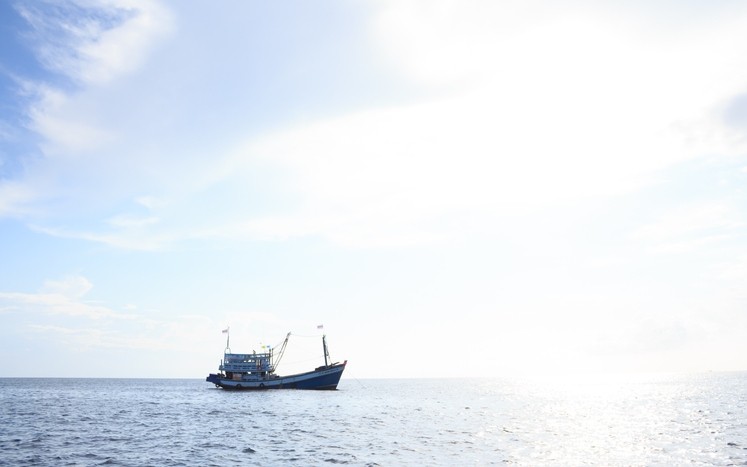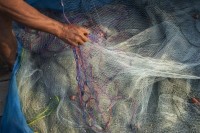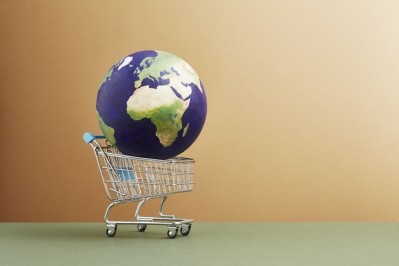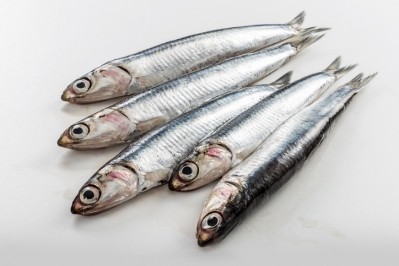EU lifts ‘yellow card’ placed on Thailand’s fishery sector

The EU executive slapped a yellow card on Thailand in April 2015 over its shortcomings in fisheries monitoring, control and sanctioning systems.
Over three and half years later, the Commission said it acknowledges that Thailand has successfully addressed the inadequacies in its monitoring, control and sanctioning systems; for this reason, it is lifting that ‘yellow card’ penalty.
“Today's decision reverses the first step of a process that could have led to a complete import ban of marine fisheries products [from Thailand] into the EU,” said the Commission in a release on Tuesday [January 8].
The yellow card starts a formal dialogue in which the Commission and the country work together to solve all issues of concern. A red card would have seen Thailand’s seafood exports to EU countries banned.
Source: European Commission
Thailand is the third largest seafood exporter in the world. Over two million people, including locals and migrant workers from neighboring countries, are working in the industry.
Achievements
The Commission said the Asian country has amended its fisheries legal framework in line with international law. It said it has also reinforced compliance with its obligations as a flag, port, coastal and market state, included clear definitions in its legislation, and has set up a deterrent regime of sanctions.
“Moreover, it has reinforced the mechanisms of control of the national fishing fleet and enhanced its monitoring, control and surveillance systems. This includes remote monitoring of fishing activities and a robust scheme of inspections at port.
“With these measures, Thai authorities now have all the necessary policies in place to prevent, deter and eliminate illegal, unreported and unregulated fishing.”
The Commission said it also recognizes the efforts demonstrated by Thailand to tackle human trafficking and to improve labor conditions in the fishing sector.
“While not part of the bilateral dialogue on illegal, unreported and unregulated fishing, the Commission and the European External Action Service have addressed with Thai authorities the serious human rights abuses and forced labor in the fishing industry.
“Thailand has recently announced the ratification of the International Labor Organization's Convention No. 188 on Work in Fishing (C188), the first country in Asia to do so.”
What is IUU fishing?
IUU fishing stands for illegal, unreported or unregulated fishing.
The European IUU legislation applies to all fishing vessels, under any flag, in all maritime waters.
A fishing vessel is notably presumed to be engaged in illegal, unreported and unregulated fishing activities if it is shown to carry out activities in contravention with the conservation and management measures applicable in the area concerned. This includes, inter alia, fishing without a valid licence, in a closed area, beyond a closed depth or during a closed season, or by using prohibited gear, as well as the failure to fulfil reporting obligations, falsifying its identity, or obstructing the work of inspectors.
The Commission says it is committed to solving the problems of IUU fishing because..
Illegal, unreported and unregulated fishing is one of the most serious threats to the sustainable exploitation of living aquatic resources, jeopardising the very foundation of the Common Fisheries Policy (CFP) and the EU's international efforts to promote better ocean governance. IUU fishing also represents a major hazard to the marine environment, the sustainability of fish stocks and marine biodiversity. Fighting illegal fishing is also an important pillar in the EU's ambition to install better international governance of our oceans.
Source: European Commission Fact Sheet
CPF says yellow card was ‘turning point’ for Thailand
In October last year, shrimp feed manufacturer, Charoen Pokphand Foods (CPF), recognized the progress made by both public and private sectors in Thailand in working together to overhauled fishery practices to end the use of IUU fishing.
It said the turning point for Thailand came in 2015 when the EU issued its warning.
The Thai company also announced then that it intended to have audited all of its critical suppliers on sustainability aspects, covering environmental, human rights and labor issues, by 2020, with particular focus on its fishmeal suppliers.
It wants to end the use of IUU fishing in its own supply chain, as well as convincing other suppliers in the region to meet global standards of supply sourcing, traceability, and good labor practices.
The Thai company said it stopped buying fishmeal from suppliers suspected of IUU links in 2014, and that it is offers a premium for certified fishmeal.
CPF said it also looks to encourage its suppliers to improve the sustainability of their own supply chains. It anticipates that, this year, a portion of its fishmeal sourced from Vietnam, India and the Philippines will derive from factories certified under the International Fishmeal and Fish Oil Organization Responsible Supply Standard (IFFO RS). At present, 100% of the fishmeal used in its operations in Thailand is already certified IFFO RS and comes from the by-product of fish-processing plants, it said.
Fishmeal is only a minor component in the production of fish feed at its feed mills, stressed the Thai firm.
The company also announced last year that it intends to train its suppliers in Good Manufacturing Practice (GMP+), the global certification scheme for good production of feed raw materials. In 2018, it said it trained 95 suppliers on human rights, labor practices, and occupational health and safety.
Report on slavery in Thailand's shrimp sector
An investigation by the Guardian in 2014 alleged slavery in Thailand’s shrimp sector. Men who had fled enslavement on boats supplying the Thai shrimp industry told the Guardian of horrific conditions, including 20-hour shifts, regular beatings, torture and execution-style killings.
The UK newspaper reported back then that slave ships caught huge quantities of ‘trash fish’, which, on being landed, go to factories where the fish is ground down into fishmeal for onward sale to producers such as CPF.









